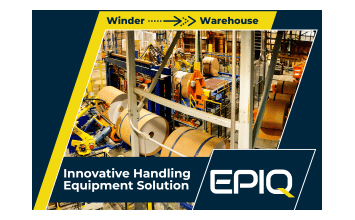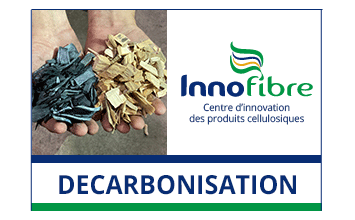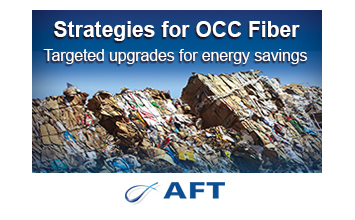The global demand for forest-based products is anticipated to increase by a third by 2035, and quadruple by 2050.
This escalation is fueled by population growth, urbanization, and the cross-industry drive towards net-zero emissions. However, as outlined by WWF, our forests cannot simultaneously meet this escalating demand and be managed sustainably. To protect biodiversity and forest ecosystems, we must develop scalable solutions for the use but also reuse of forest-based materials.
Legislation worldwide, particularly in Europe, is urging companies to transition towards circular business models. These laws are based on various methods ranging from public procurement, financial mechanisms, reporting requirements, to direct product stipulations as vehicles toward circularity. All share ambitious timelines. for example, the EU mandates a transition by 2030, and necessitate fundamental changes from companies in terms of supply chain transparency, data validation, and product information flows.
Adapting the FSC standards to enable circular solutions
FSC is committed to fulfill our mission to safeguard our forests and to continuously adapt to fit the needs and challenges of future generations. To achieve this and maintain our ability to find future solutions for the numerous companies utilizing our systems as a cornerstone in their sustainability efforts, we are prioritizing to make it easier for companies to implement circular setups within the FSC standards and frameworks.
However, the current FSC chain of custody standards, including the FSC standard for reclaimed materials, were not shaped to fit today's need when working with modern circularity solution.. These can make it challenging for companies to adopt circular business models, while maintaining FSC certification. The issues span from leasing setups, take-back solutions, repair models, to the permitted usage of pre- and post-consumer materials across various product types.
Addressing these barriers is crucial. Over the past year, we have mapped their root causes and identified potential solutions.
Join our Webinar to Learn More
As part of the conceptual phase of the FSC Chain of Custody standards revision, we are inviting the FSC community to learn more about our work to date, the identified barriers, and our proposed solutions.
Join our upcoming webinar on December 12th at 15.00 CET by registering here.
This webinar presents an opportunity to gain a comprehensive understanding of our latest developments and their potential impact. It is also the first in a series of opportunities to contribute your input on the proposed solutions.
The webinar will be partially recorded (excluding the Q&A session due to GDPR compliance), and a recording will be shared with all registered participants.
Source: FSC Canada













